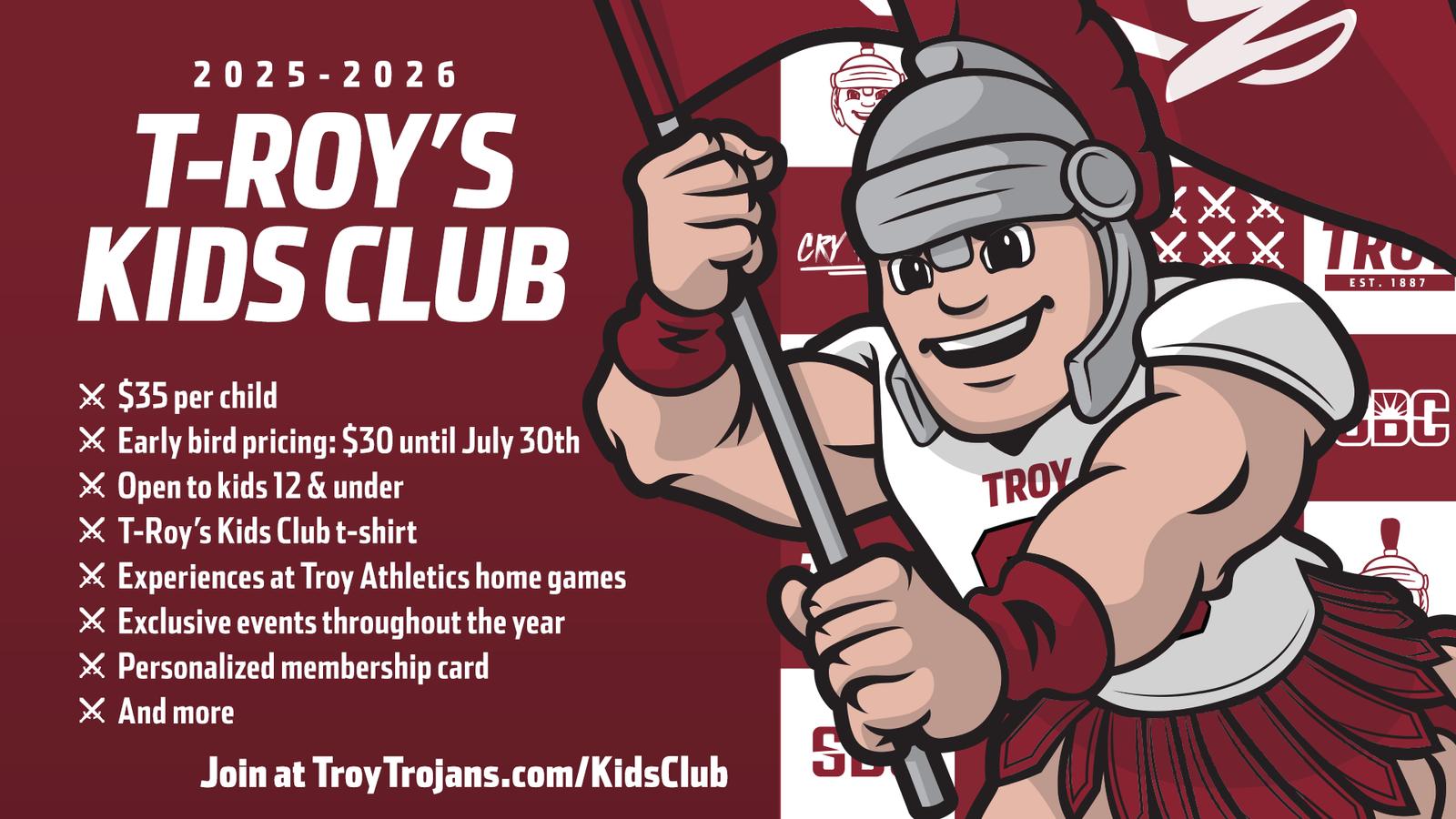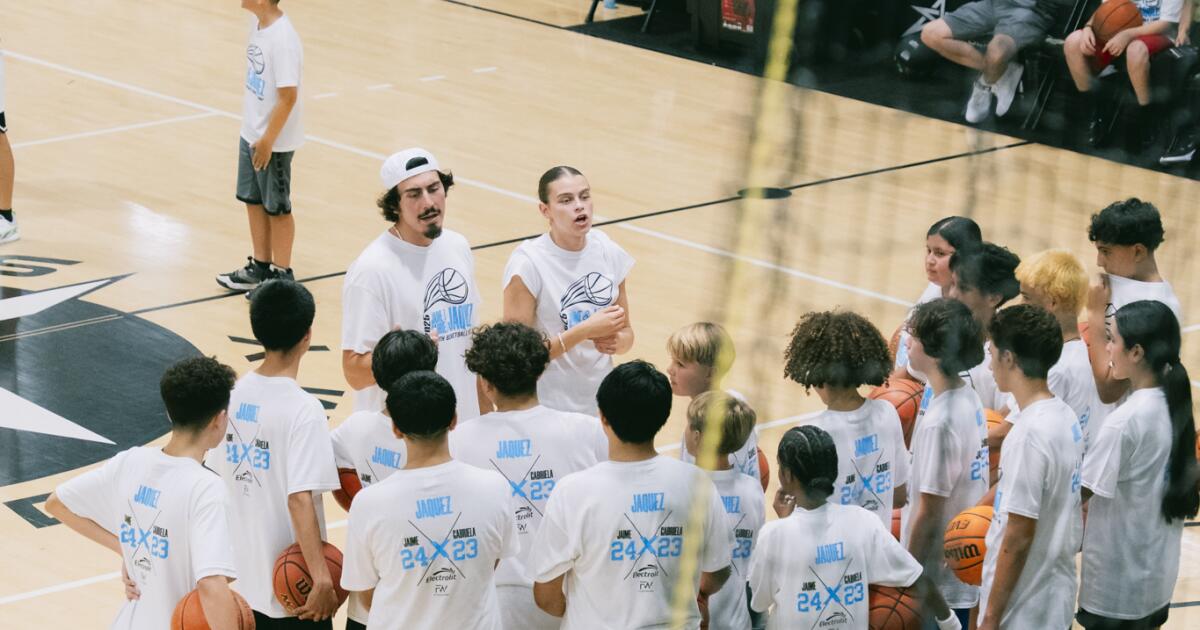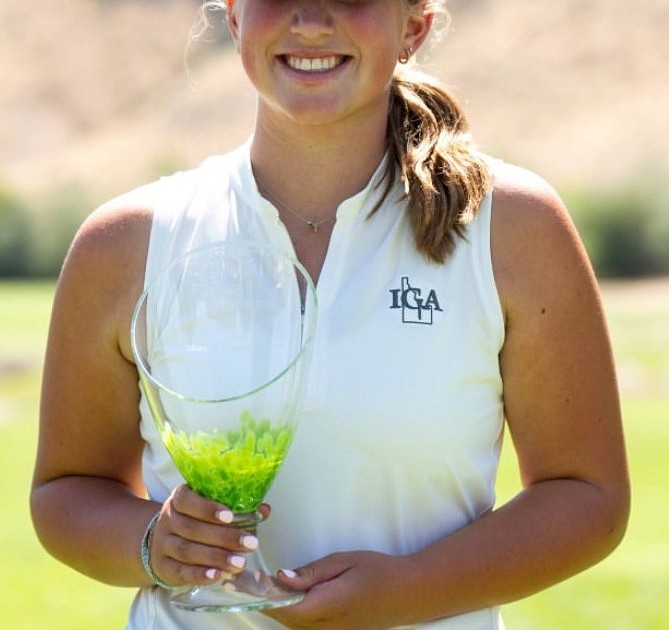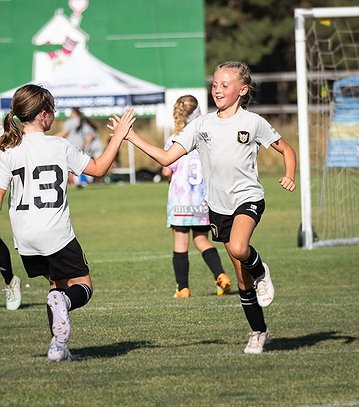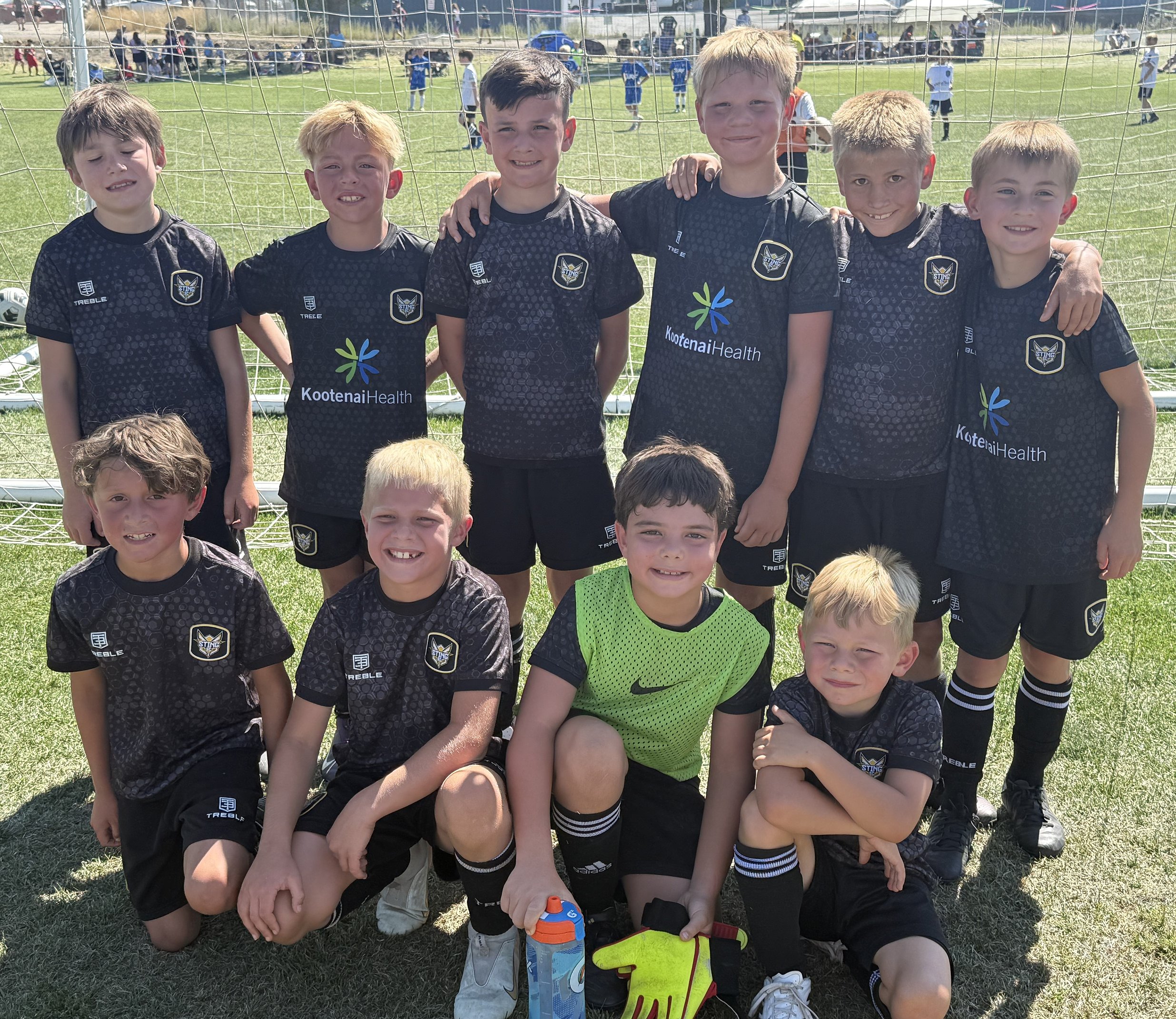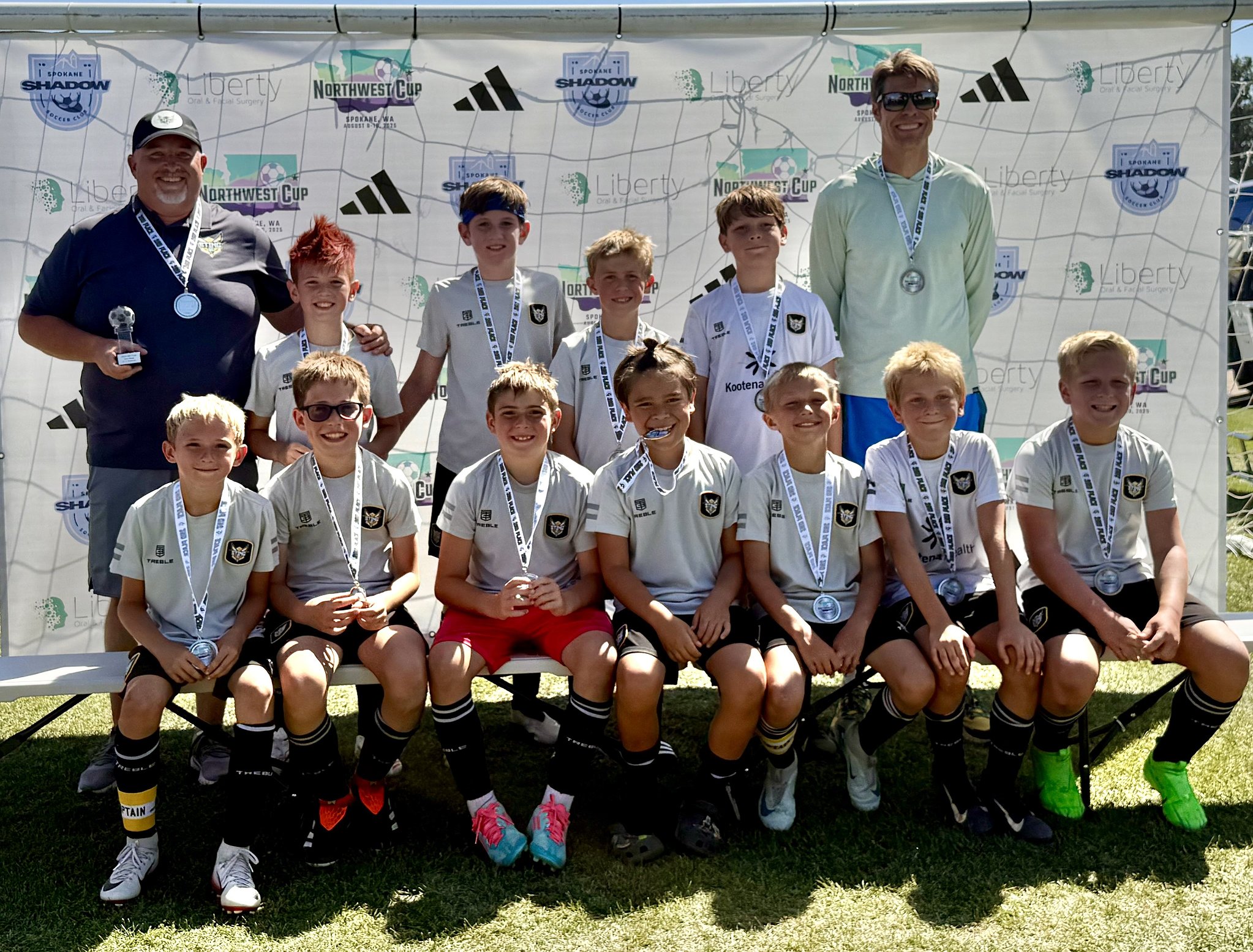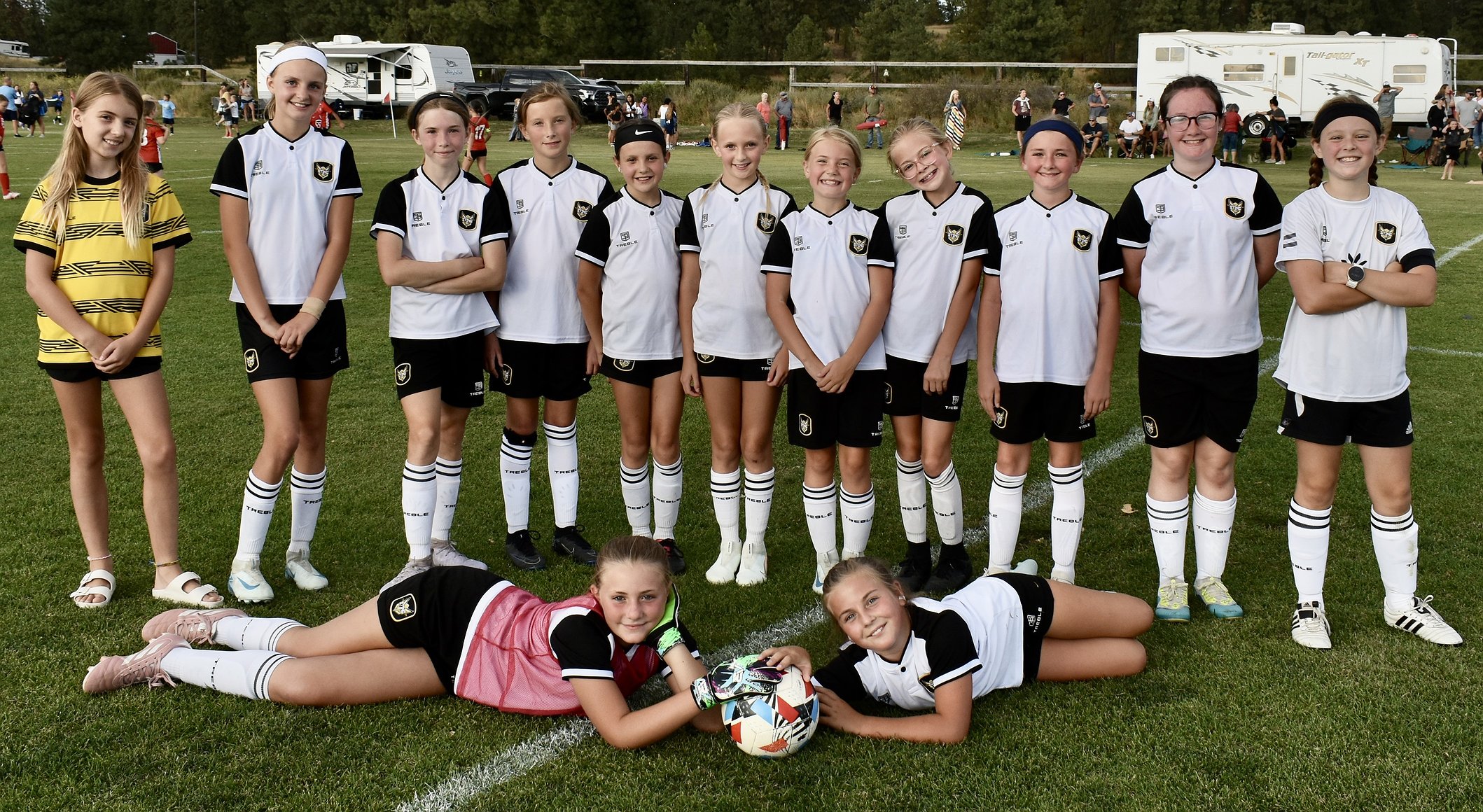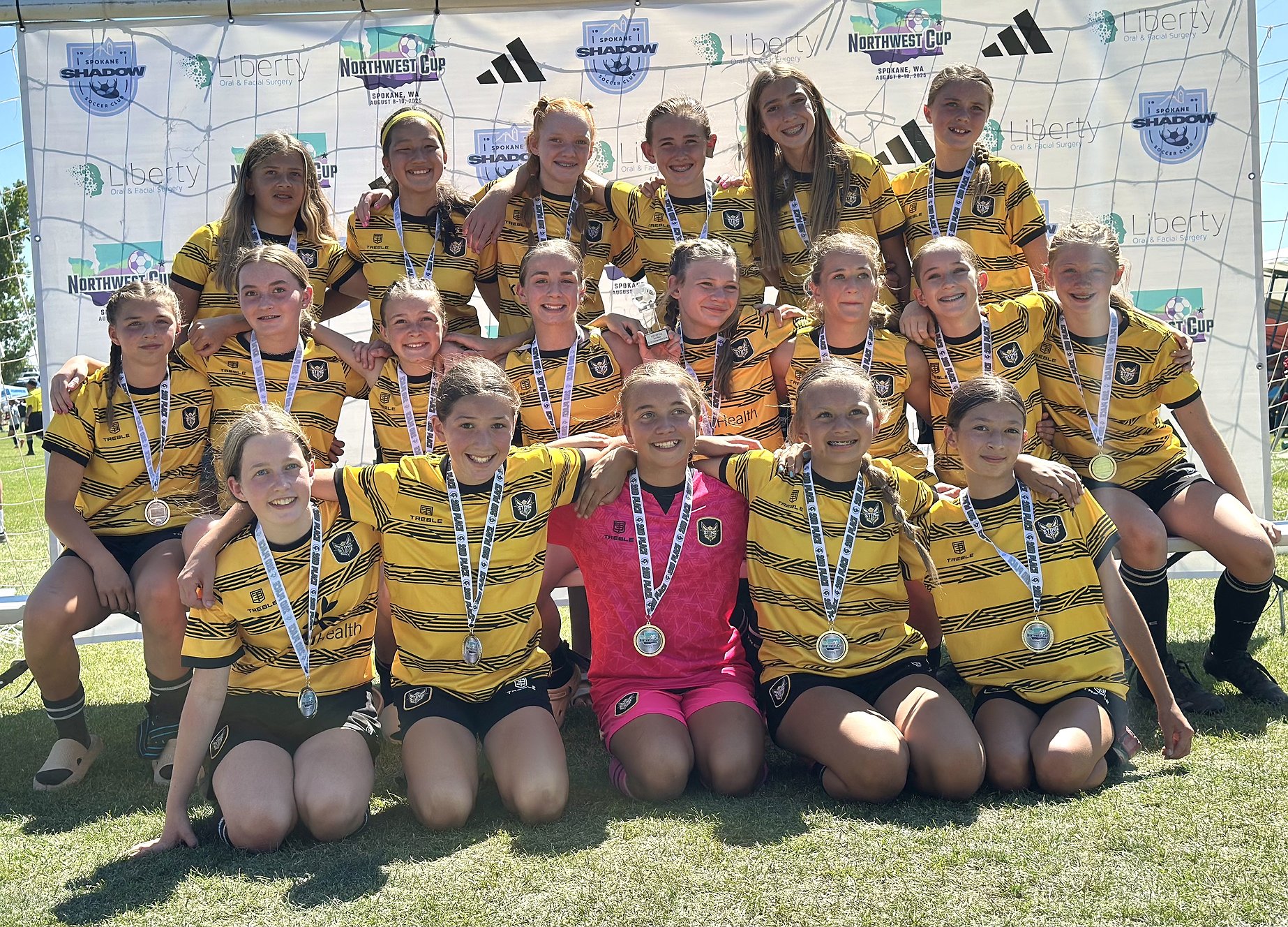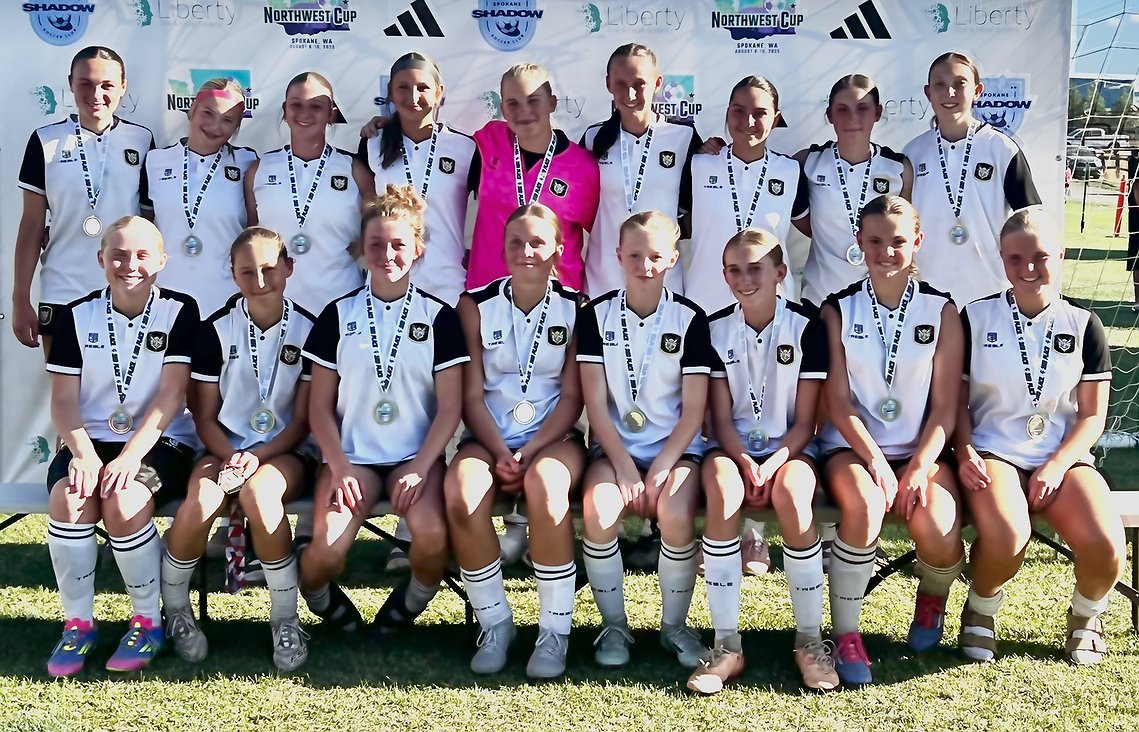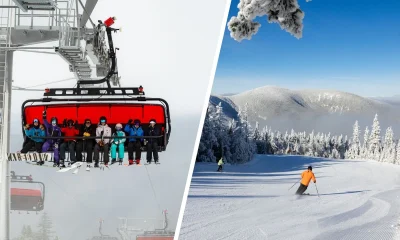If you ask a room full of youth sport coaches why they do this work, they’ll almost always talk about the kids — their growth, their development, the lessons they learn through sport. But while these goals are widely shared, the systems we’ve built around coaches are fragmented and inadequate. We know that sport can help young people grow into capable, confident and caring adults, but we need to be much more intentional about how we support coaches in fostering athlete development.
That’s where positive youth development (PYD) comes in. PYD emphasizes creating environments that are supportive, welcoming and strengths-based, where young people can build meaningful relationships, feel a sense of belonging and develop the skills they need to thrive. As Lerner, Lerner, Bowers and Geldhof make clear in their framing piece — “Positive youth development and relational developmental systems” — the core idea is that all young people, regardless of background, have the potential to grow and succeed when they are in the right settings, surrounded by the right people.
Sport is one of those settings. At its best, sport can offer a uniquely powerful environment for young people to learn about teamwork, perseverance, leadership and goal setting. Research has shown that participation in sports can be linked to a wide range of positive outcomes, including better physical and mental health and stronger social skills. In their study “Staff practices and social skill outcomes in a sport-based youth program,” Allison Riley and colleagues found that their program led to improvements in youth self-control, for example. And Tarkington Newman, in the study, “Life skill development and transfer: They’re not just meant for playing sports,” found that youth athletes developed and transferred a variety of intra- and interpersonal life skills like effort, personal responsibility, teamwork, respect and social responsibility.

Courtesy of Jessy Newman
Jessy Newman
But these outcomes aren’t guaranteed. What matters most, according to Albert Petitpas and colleagues’ “Framework for planning youth sport programs that foster psychosocial development,” is how sport is coached and experienced. With the right approach, any sport can help young people build skills and character. Without thoughtful planning and intentional practices, however, sport can just as easily reinforce harmful behaviors like hyper-competitiveness, exclusion and the win-at-all-costs mindset that many families, coaches and even young athletes themselves have come to expect.
Too often, sport falls short of its potential not because coaches don’t care, but because they don’t have the tools, support or guidance to do things differently. In their study, “Volunteer youth sport coaches’ perspectives of coaching education/certification and parental codes of conduct,” Lenny Wiersma and Clay Sherman found that many youth sport coaches are volunteers, often parents, who may not have formal training in youth development or even in coaching. Findings from the first-ever National Coach Survey led by Dawn Anderson-Butcher and Samantha Bates reveal that coaches may lack the confidence and support needed to move beyond the X’s and O’s of sport. Coaches may bring heart and commitment, but they often operate within a system that doesn’t always prioritize developmental outcomes much less provide the training and education that supports PYD practice.
Changing that mindset means focusing on what high-quality, developmentally enriching sport actually looks like. It means ensuring that young people feel seen and heard. That their coaches know how to build trusting relationships. That practice is a space for dialogue, reflection and growth, as much as it is for drills and competition.
Importantly, PYD in sport also emphasizes access and inclusion. Critical scholars like Jill Kochanek and Karl Erickson, for example, have called for youth sport to be more welcoming and responsive, especially for young people who have historically been left out or faced barriers to participation. Taking an approach that is mindful of these barriers isn’t just the right thing to do — it’s essential for making sport truly developmental for all youth, not just some.
[Related: In learning ECOsystems OST must be a champion of positive youth development]
This work isn’t easy. It requires investment in systems-level alignment across the sport ecosystem, program design and coach training. It means shifting mindsets from a narrow focus on performance to a broader view of what success looks like. And it means building organizational and community capacity to support this shift — because coaches alone can’t carry the weight of system change. These ideas have been the driving force behind the work of the Million Coaches Challenge, a coalition of 18 organizations committed to training one million coaches in PYD and related areas by the end of 2025. The partner organizations of the MCC offer coach education and training in these areas for coaches who want to engage in or deepen their PYD practice, and a practice guide synthesizing lessons learned from the MCC is forthcoming later this year (stay connected to receive updates).
Youth sport holds enormous promise — but only if we’re willing to do the work to realize it. When sport is grounded in the principles of PYD, it becomes more than just a game. It becomes a space where young people feel safe, supported and challenged to grow. A place where they can take risks, bounce back from failure and discover who they are. And that’s something every child deserves. By centering youth development, investing in people and building systems that support youth athletes and their coaches, we can ensure that sport lives up to its potential as a powerful force for good in young people’s lives.
***
Jessy Newman is a senior researcher at the American Institutes for Research (AIR), where she leads applied studies focused on youth development in out-of-school time settings, including afterschool, summer, and youth sport. Her work bridges research and practice to help programs create the conditions where young people can develop the skills, relationships and opportunities they need to succeed.
[Related Grant Opportunity: Grants to create/renovate youth sports spaces in underserved communities]
developmental relationships, Feature Story, physical activity, positive youth development, SEL, Social and Emotional Learning, social development, Youth Development, youth sport, youth sports, youth sports access

